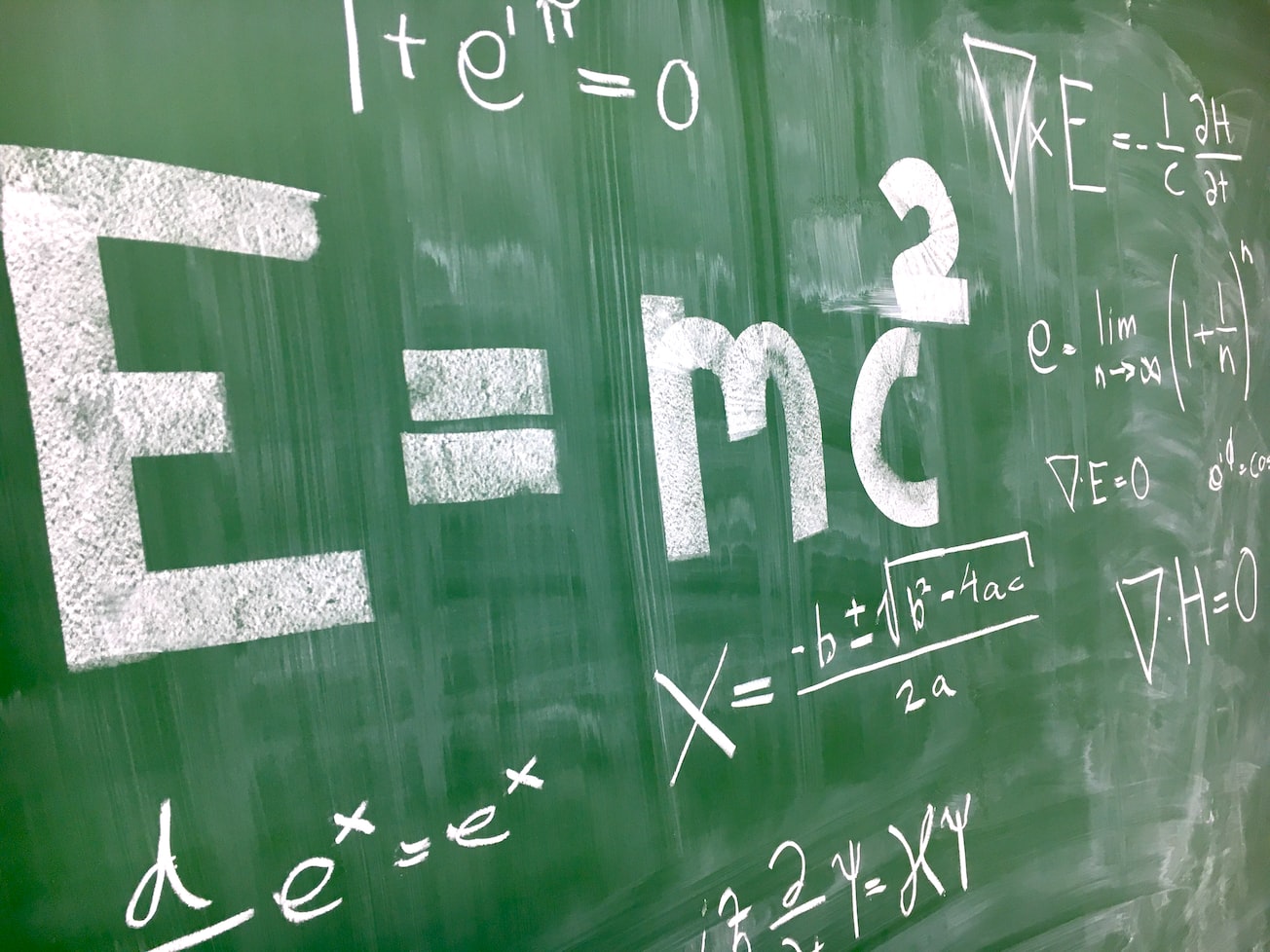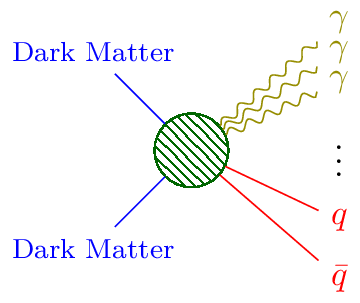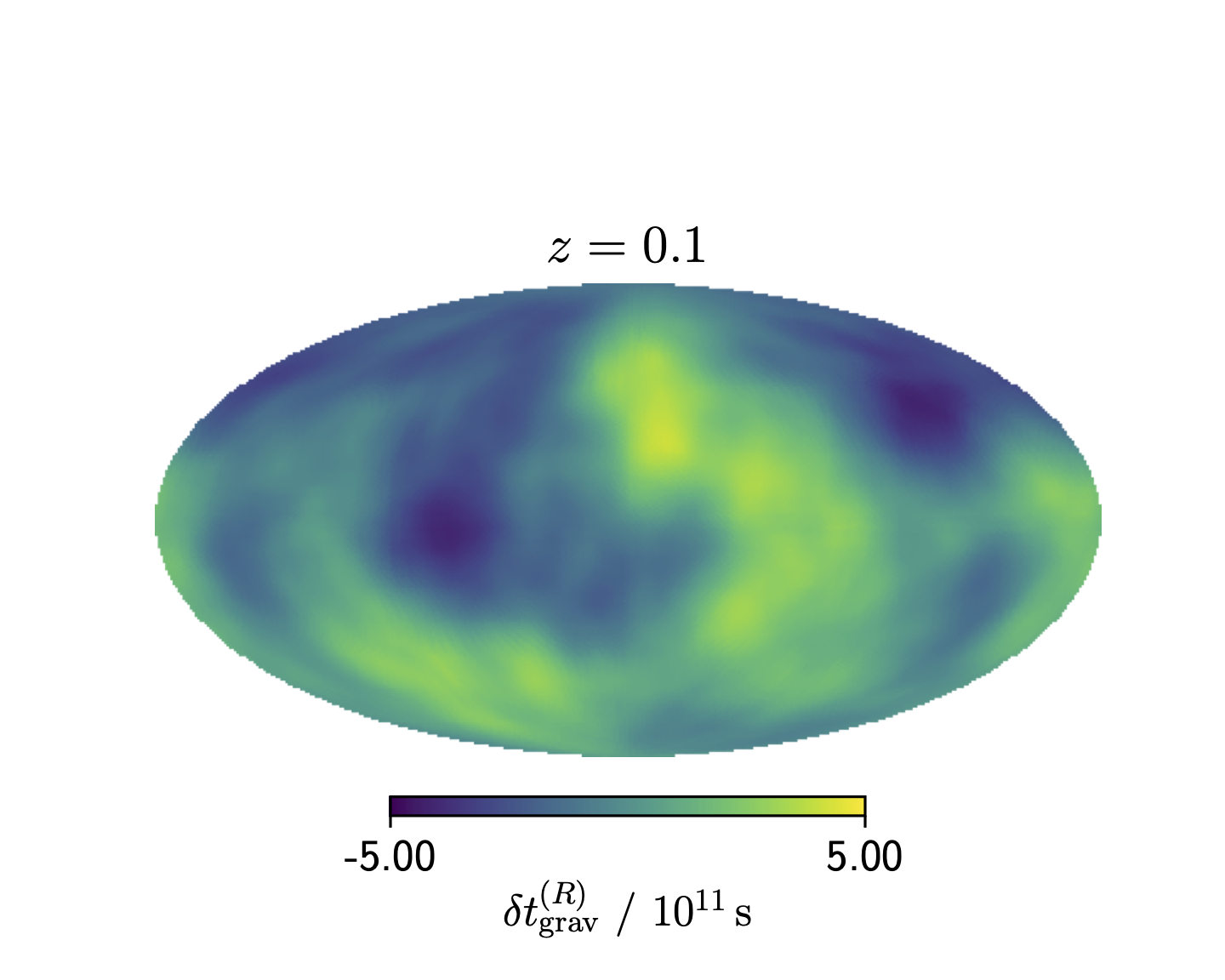Blog Posts

Learning equations from data how to choose the best function
If we truly are to automate the scientific process of converting data to equations, we want our algorithms to suggest candidate expressions which a human could have plausibly written down. In this work we compare Bayesian and MDL methods for achieveing this and apply our methods to benchmark problems and a real-world application from cosmology.

Constraining dark matter annihilation and decay in large-scale structures
The identification of dark matter is a crucial task of modern physics. We present a full-sky, field-level search for dark matter annihilation and decay in the large-scale structure of the nearby universe, exploiting more information than conventional analyses targetting specific objects. We find no evidence for such effects, placing new constraints on the rates of dark matter interactions.

Is the speed of light energy dependent?
High energy astrophysical transients at cosmological distances allow us to test the fundamental assumptions of the standard models of cosmology and particle physics, such as the Weak Equivalence Principle, Lorentz Invariance or the massless nature of the photon. A violation of any of these would result in energy-dependent arrival times for photons from distant sources. We forward model these time delays for gamma ray bursts using the BORG SDSS-III/BOSS reconstruction and compare to data to constrain the quantum gravity energy scale, the mass of the photon, and violations of the Weak Equivalence Principle.
